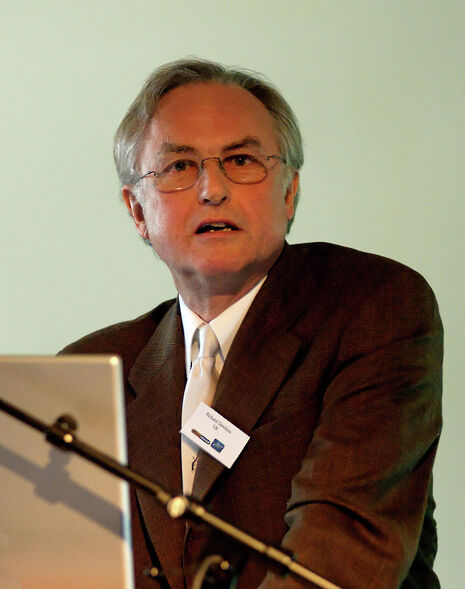A C Grayling to set up new free school
The well-known philosopher bids to open the New School of the Humanities

The philosopher A C Grayling has placed a bid to open a secondary school in Camden in association with private education firm Bellevue, as part of the government’s free schools initiative.
If Grayling’s bid is accepted by the government, the New School of the Humanities will open in 2014, initially accepting an intake of 100 year seven pupils, and will add to the growing number of free schools in the UK.
Grayling is already the master of the New College of the Humanities (NCH), a private university in London which first opened its doors to undergraduates in September 2012. With tuition fees of £18,000 a year – twice that of the maximum figure that standard universities are able to charge – the university has been criticised for being “elitist”. Only a third of the target number of undergraduates were recruited in the first year.
However, a staff list boasting lecturers such as renowned linguist Stephen Pinker has led many to praise the university. Within the student population, Grayling has achieved popularity. Anna Jackson, who is studying law at the NCH, said “He knows us all by name and always stops to talk in the corridor”.
Class sizes at the new free school will be smaller than average, and top academics such as Richard Dawkins are reported to have agreed to lecture. Grayling has said that such a school will offer children the chance to study a curriculum with “genuine breadth and depth", which will allow them to develop as “imaginative and well-rounded individuals”.
The free schools policy was spearheaded by the education secretary, Michael Gove. The aim is to give parents and teachers who are unhappy with their local state school the chance to open a new one. Free schools, which are funded by the government, enjoy greater autonomy over the curriculum, teachers’ pay, term dates and holidays than comprehensive schools, and are independent of local authorities. The new schools do not have entrance exam or tuition fees.
The government hopes that increased competition brought about by the scheme will drive up the standard of state education as a whole. However, criticism comes from those who question the government’s decision to embark on such a costly scheme. In light of extensive cuts to education and youth services, many are angered that the large expense of these new schools will benefit relatively few children.
Despite criticism, Grayling remains confident stating that the New School of the Humanities will offer “a richly formative education” to the children of Camden. A decision is expected in May.
 News / Police to stop searching for stolen Fitzwilliam jade17 April 2024
News / Police to stop searching for stolen Fitzwilliam jade17 April 2024 Interviews / ‘It fills you with a sense of awe’: the year abroad experience17 April 2024
Interviews / ‘It fills you with a sense of awe’: the year abroad experience17 April 2024 News / Night Climbers call for Cambridge to cut ties with Israel in new stunt15 April 2024
News / Night Climbers call for Cambridge to cut ties with Israel in new stunt15 April 2024 Sport / Kabaddi: the ancient sport which has finally arrived in Cambridge17 April 2024
Sport / Kabaddi: the ancient sport which has finally arrived in Cambridge17 April 2024 Features / Cambridge’s first Foundation Year students: where are they now?7 April 2024
Features / Cambridge’s first Foundation Year students: where are they now?7 April 2024





